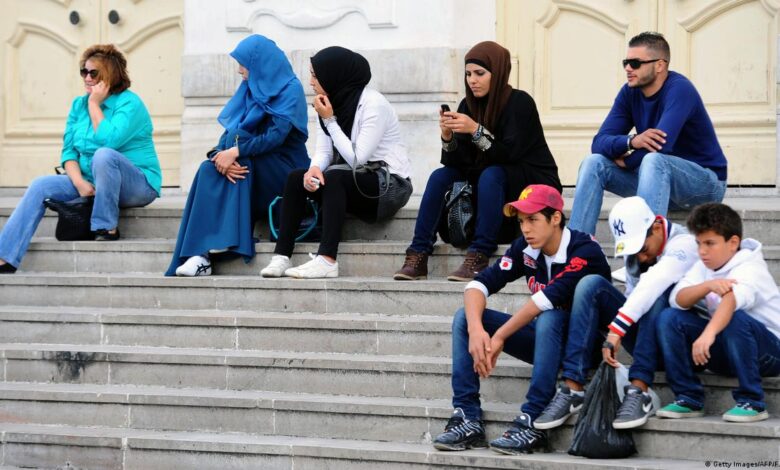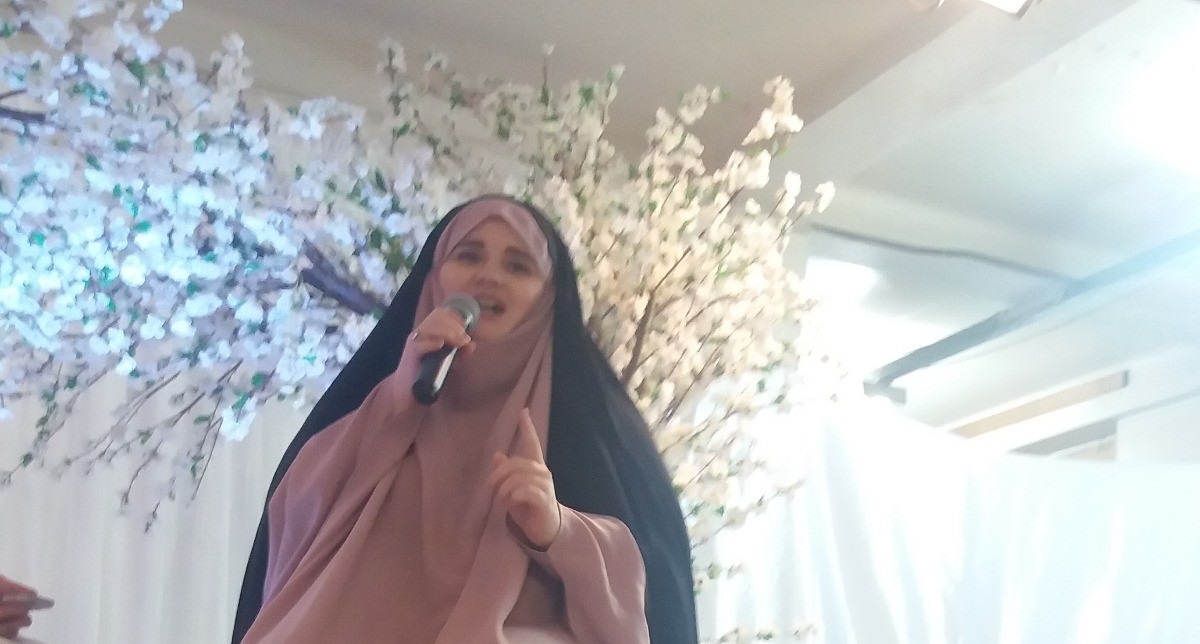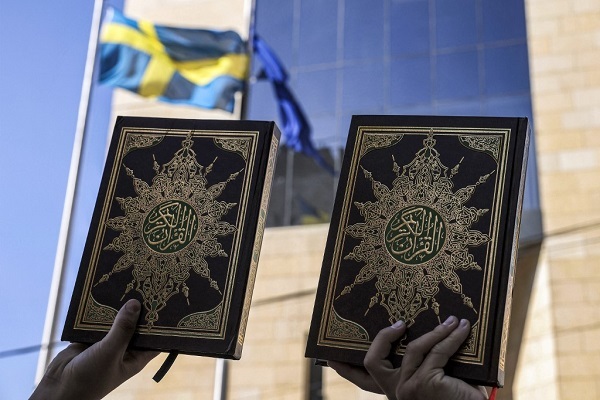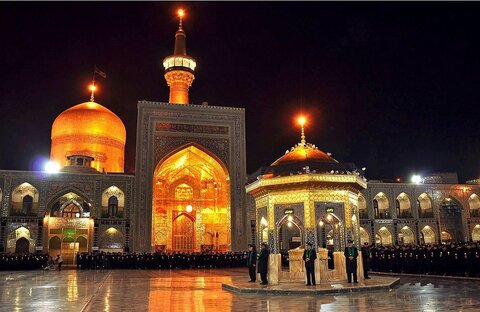According to Rahyafte(the missionaries and converts website)Almost 80 percent of respondents said that the policies of the United States and Israel threaten “the security and stability of the region.” Meanwhile, only 57% of the participants in the survey gave the same opinion about Iran and Russia, which means that compared to 2016, the Arab community’s general view of these two countries has improved by about 15 points. In a more general comparison, Turkey and China were the only countries that received a positive rating regarding their policies in the Arab world.
Dana L. Kord, a professor at the University of Richmond, said in a press conference about these findings: “In general, there is a prevailing feeling that America is hypocritical in its policies towards the Middle East. There is a sense that the administration in the United States is making an exception in relation to the Middle East in its stance of supporting and promoting democracy (it has a double standard towards the region).”

Participants had a negative view of USA’s policies towards Palestine
Participants in the survey had a particularly negative view of USA’s policies towards Palestine, with only 11% saying they approve of Washington’s positions. In comparison, 31 percent of the participants in the survey approved Iran’s policy towards the Palestinians and 43 percent approved Turkey’s policy in the same field.
The Arab Opinion Index survey includes data from face-to-face interviews with 33,000 respondents in 14 Arab countries, and interviews with Saudi respondents were conducted over the phone. The survey conducted in 2022 was the eighth Arab Center survey since 2011, when the project began.
Interviewers ask a wide range of questions about democracy, politics and economics. And although the exact results of the survey are only available in Arabic, the Arab Center of Washington, D.C. has published an executive summary of this survey in English. The target countries included Algeria, Egypt, Iraq, Jordan, Kuwait, Lebanon, Libya, Mauritania, Maghreb, Palestine, Qatar, Saudi Arabia, Sudan and Tunisia.
Relations with Israel are generally unpopular
Regarding the issue of foreign policy, the results of the Arab Center survey show that the citizens of the Arab countries and the leaders of these countries strongly disagree with each other, and this issue especially applies to the efforts of some of these leaders to de-escalate tensions with Israel. In Maghreb and Sudan, where, like the United Arab Emirates and Bahrain, the process of establishing relations with Israel began a long time ago, support for the normalization of relations is increasing significantly; However, relations with Israel are generally unpopular, with 84 percent of all respondents saying they oppose any diplomatic ties with Tel Aviv.
In Saudi Arabia, which Israel considers the most important target for ties and seeks recognition from it, only five percent of respondents supported normalization of relations, and 38 percent said they were opposed such policy and 57 percent either did not have a definite opinion about it or refused to answer. The greatest opposition to the normalization of relations was observed in Algeria, Mauritania, Libya, Palestine, Jordan and Tunisia, where between 90 and 99% of the respondents said they were against the normalization of relations with the Jewish state.
Khalil Jahshan, executive director of the Washington DC Arab Center believes that American policymakers should consider this gap between Arab leaders and citizens when formulating policies for the region: “Countries that are proud of supporting democracy should pay attention to public opinion and Let them see what people really want.”
Vast majority of respondents support a democratic government
The vast majority of the respondents declared their support for the democratic government, but 47% of them were worried that their country is not yet ready for “democracy”. Although 80% of the participants in the survey considered the Arab people as a single nation, this survey showed that there is a sharp difference between the Persian Gulf countries and the rest of the Arab countries on economic issues. More than 90% of the citizens of the Arab countries of the Persian Gulf described their family economic situation as good or very good, but in North African countries this percentage decreased to 66 and in the Levant region to 50.
86% of the participants in the Arab countries of the Persian Gulf said that their household income is enough to spend or save money, but in the Levant region, which includes Jordan, Palestine and Lebanon, almost half of the citizens said that their income is not even enough to cover their daily expenses.
Regarding corruption, nearly three out of four people (73% of the survey participants) believe that their country suffers from widespread corruption. In Lebanon, Tunisia, and Iraq, more than 90 percent of respondents reported widespread corruption, while in Qatar and Saudi Arabia, less than 30 percent shared this view.
It’s worth noting that according to the results of this survey, 36% of respondents cited online news as their main source of information, a 31% increase from 2011, when this question was first asked. However, despite their interest in online news, 57 percent of participants said they do not trust information posted on social media.



















